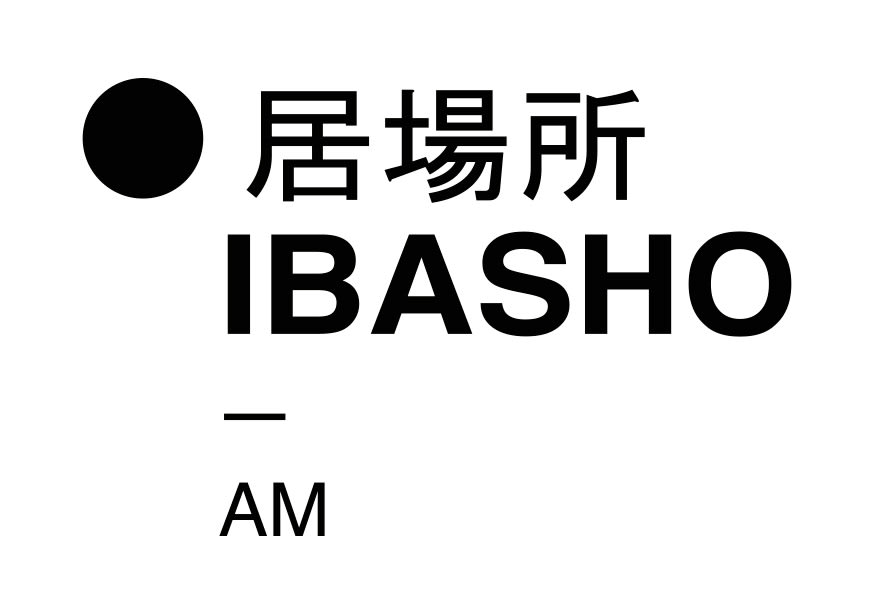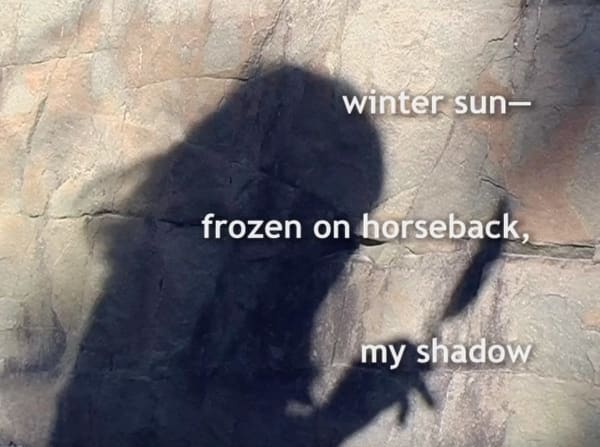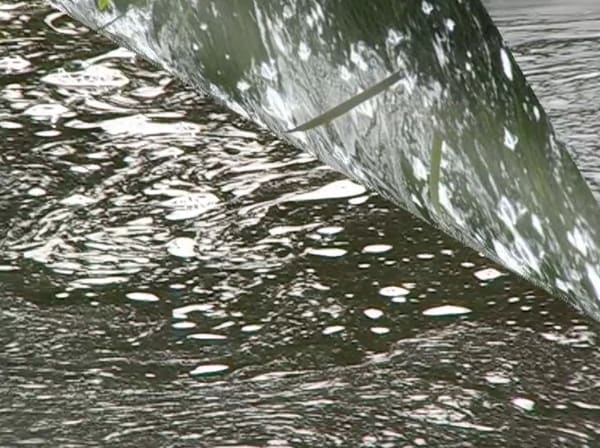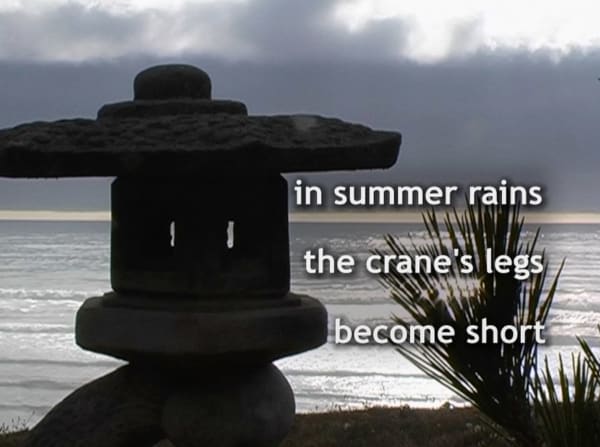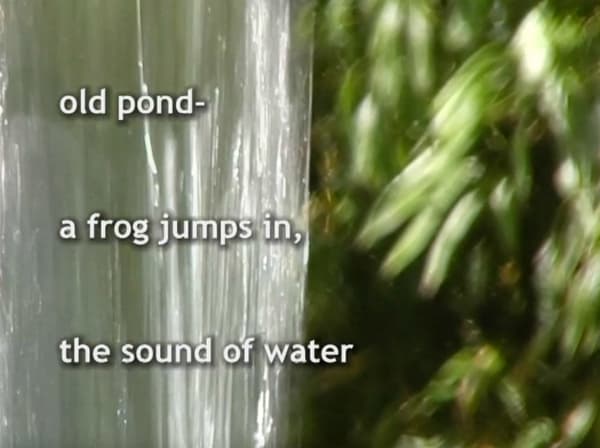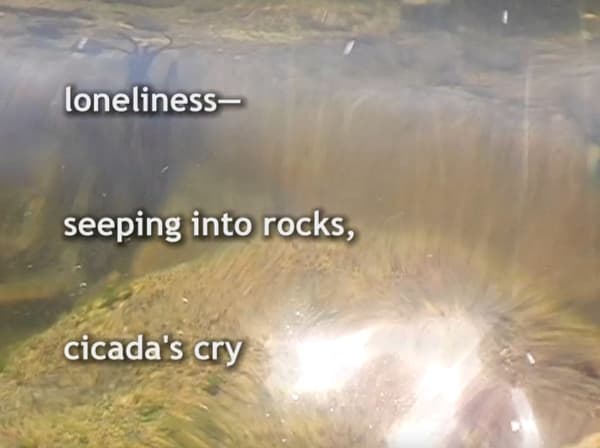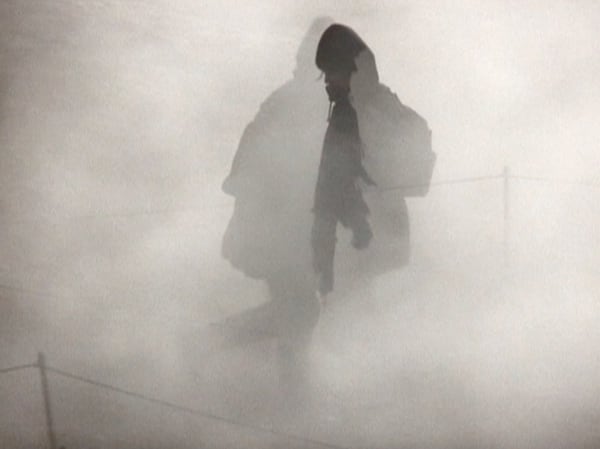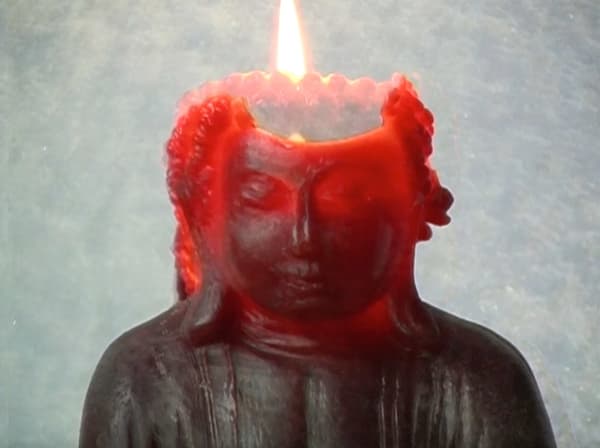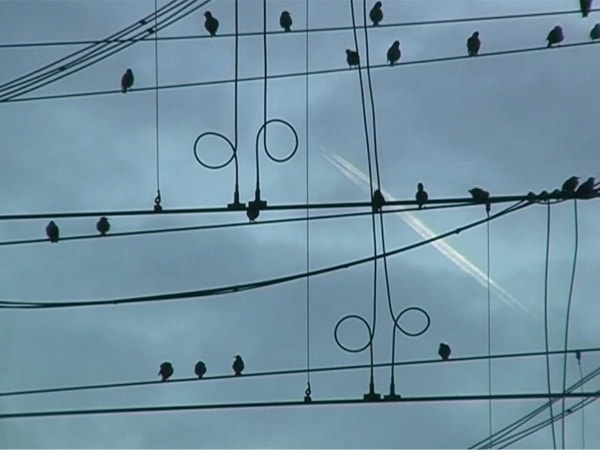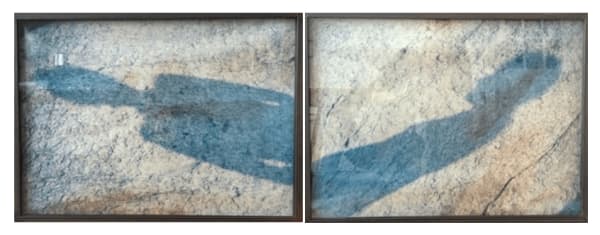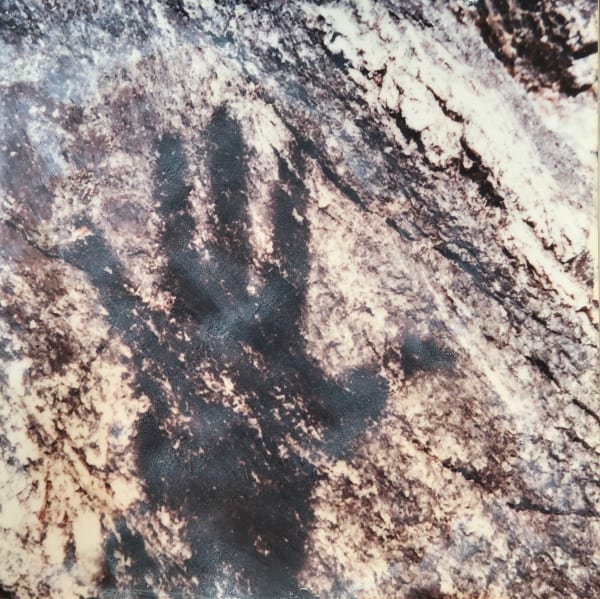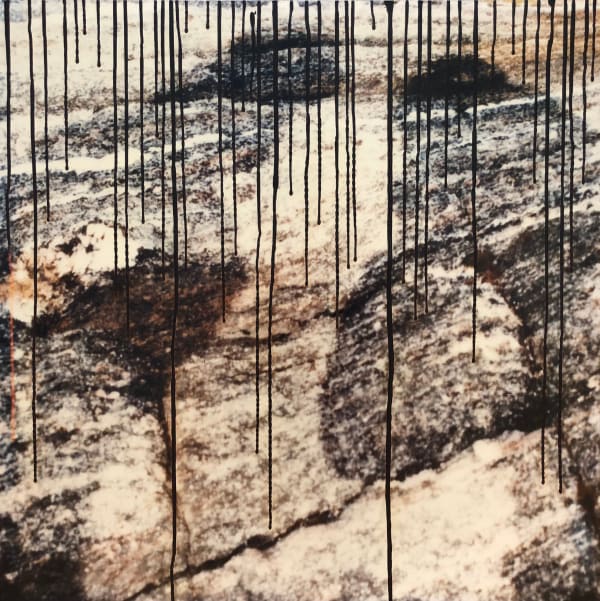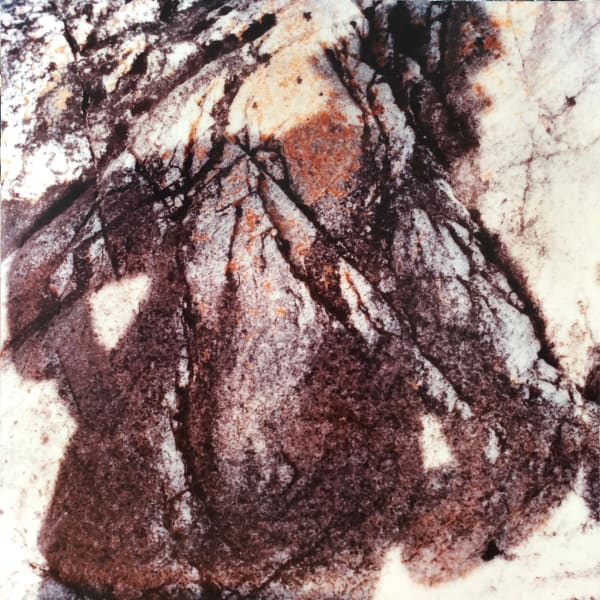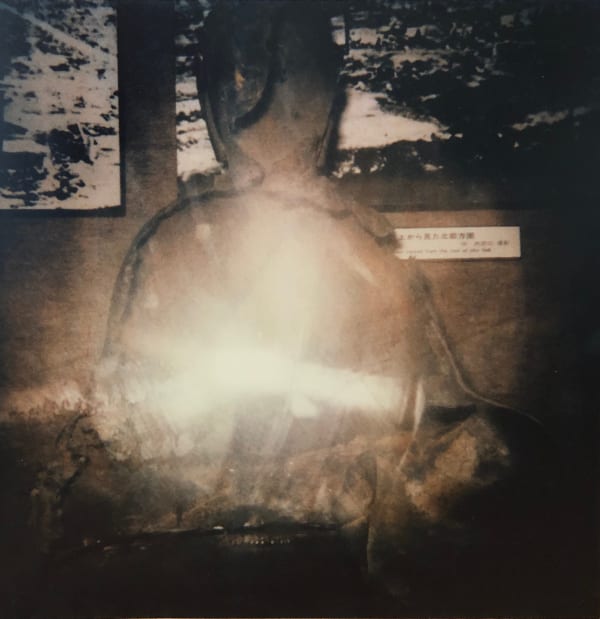Madelon Hooykaas
Madelon Hooykaas is a Dutch visual artist, photographer and filmmaker with a long and international career. Her video and photographic work often establishes pure relationships with nature and explores scientific principles and forces of nature. She has developed a comprehensive artistic practice related to her art and research through photography, film, installation and video, and interactive and performance art and text. Recurring themes are physical and human landscapes, water and light, memory and presence, loss and abstraction, and minimalism and formalism. Hooykaas has been working with photography since the 1960s and was one of the first visual artists to use video as an artistic medium.
Over the past six decades, Hooykaas has dedicated herself to exploring new territories, cultures, aesthetics and experimenting with various forms of media. Her artistic journey has been shaped by contemplation, introspection and a profound interest in and connection with diverse cultures and beliefs. Furthermore, her strong convictions about the importance of nature and humanity's role in preserving it, as well as her engagement with Eastern philosophies that advocate for a balance between human experience and the natural world, form the foundation of her creative body of work.
From the outset of her career as a photographer in the 1960s, Hooykaas extensively traveled the world. She worked in Paris, then journeyed to New York where she served as an assistant for notable photographers such as Gary Winogrand, Philip Halsman, Bert Stern, and Joel Meyerowitz. Subsequently, her travels took her to California, where she encountered Zen Buddhism, eventually leading her to Japan in 1970, where she resided at the Mampuku-ji temple in Uji City near Kyoto. It was there that she documented daily life in the monastery through a photo diary titled “Zazen”, which was the first publication in the West to show photos of the daily life in a Buddhist monastery. From then on Hooykaas regarded her photography as a form of art.
Hooykaas expanded her artistic expression through the exploration of the emerging medium of video and her collaborative partnership with Scottish photographer and filmmaker Elsa Stansfield, which commenced in 1972. Together, they produced a wide array of video environments and installations on an international scale until Stansfield's untimely passing in 2004.
In the video installations created by Hooykaas/Stansfield the significance of photography is noteworthy, as during the early days of video art, it was unusual to incorporate still prints.
Artworks created by Hooykaas/Stansfield and Madelon Hooykaas now reside in the collections of esteemed institutions such as the Museum of Modern Art in New York, Tate Modern in London, MuHKA in Antwerp, Stedelijk Museum Amsterdam, The Gallery of Modern Art in Glasgow.
-
 Winterstorm Haiku, from 'Haiku, the art of the present moment', 2007/2023
Winterstorm Haiku, from 'Haiku, the art of the present moment', 2007/2023 -
 Winter Sun Haiku, from 'Haiku, the art of the present moment', 2007/2023
Winter Sun Haiku, from 'Haiku, the art of the present moment', 2007/2023 -
 Turning page, from 'Haiku, the art of the present moment', 2007/2023
Turning page, from 'Haiku, the art of the present moment', 2007/2023 -
 Summer Haiku, from 'Haiku, the art of the present moment', 2007/2023
Summer Haiku, from 'Haiku, the art of the present moment', 2007/2023 -
 Shadow and feather, from 'Haiku, the art of the present moment', 2007/2023
Shadow and feather, from 'Haiku, the art of the present moment', 2007/2023 -
 Reed in water, from 'Haiku, the art of the present moment', 2007/2023
Reed in water, from 'Haiku, the art of the present moment', 2007/2023 -
 Old pond Haiku, from 'Haiku, the art of the present moment', 2007/2023
Old pond Haiku, from 'Haiku, the art of the present moment', 2007/2023 -
 Mushroom Haiku, from 'Haiku, the art of the present moment', 2007/2023
Mushroom Haiku, from 'Haiku, the art of the present moment', 2007/2023 -
 Loneliness Haiku, from 'Haiku, the art of the present moment', 2007/2023
Loneliness Haiku, from 'Haiku, the art of the present moment', 2007/2023 -
 Koi in water, from 'Haiku, the art of the present moment', 2007/2023
Koi in water, from 'Haiku, the art of the present moment', 2007/2023 -
 Figures in mist, from 'Haiku, the art of the present moment', 2007/2023
Figures in mist, from 'Haiku, the art of the present moment', 2007/2023 -
 Dragon fly Haiku, from 'Haiku, the art of the present moment', 2007/2023
Dragon fly Haiku, from 'Haiku, the art of the present moment', 2007/2023 -
 Buddha Candle, from 'Haiku, the art of the present moment', 2007/2023
Buddha Candle, from 'Haiku, the art of the present moment', 2007/2023 -
 Birds on wire, from 'Haiku, the art of the present moment', 2007/2023
Birds on wire, from 'Haiku, the art of the present moment', 2007/2023 -
 Twin Stars (diptych), 1991
Twin Stars (diptych), 1991 -
 Four directions (study), 1987
Four directions (study), 1987 -
 Shadow Picture III, 1986
Shadow Picture III, 1986 -
 Shadow Picture II, 1986
Shadow Picture II, 1986 -
 Shadow of the North II, 1985
Shadow of the North II, 1985 -
 Shadow of the North I, 1985
Shadow of the North I, 1985 -
 Shadow Figure, 1985
Shadow Figure, 1985 -
 Museum of Memory I, 1985
Museum of Memory I, 1985 -
 Out of reach Buddha, 1983
Out of reach Buddha, 1983
